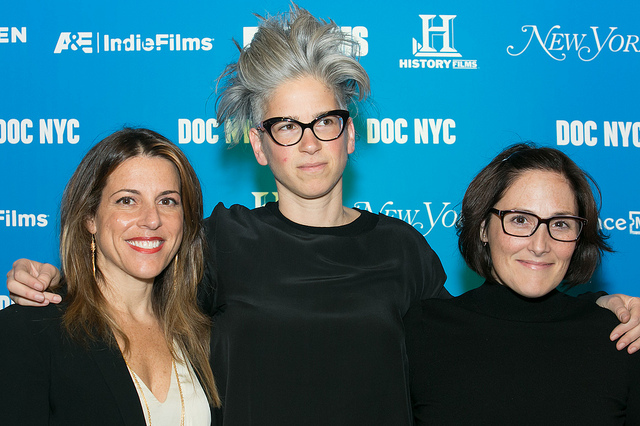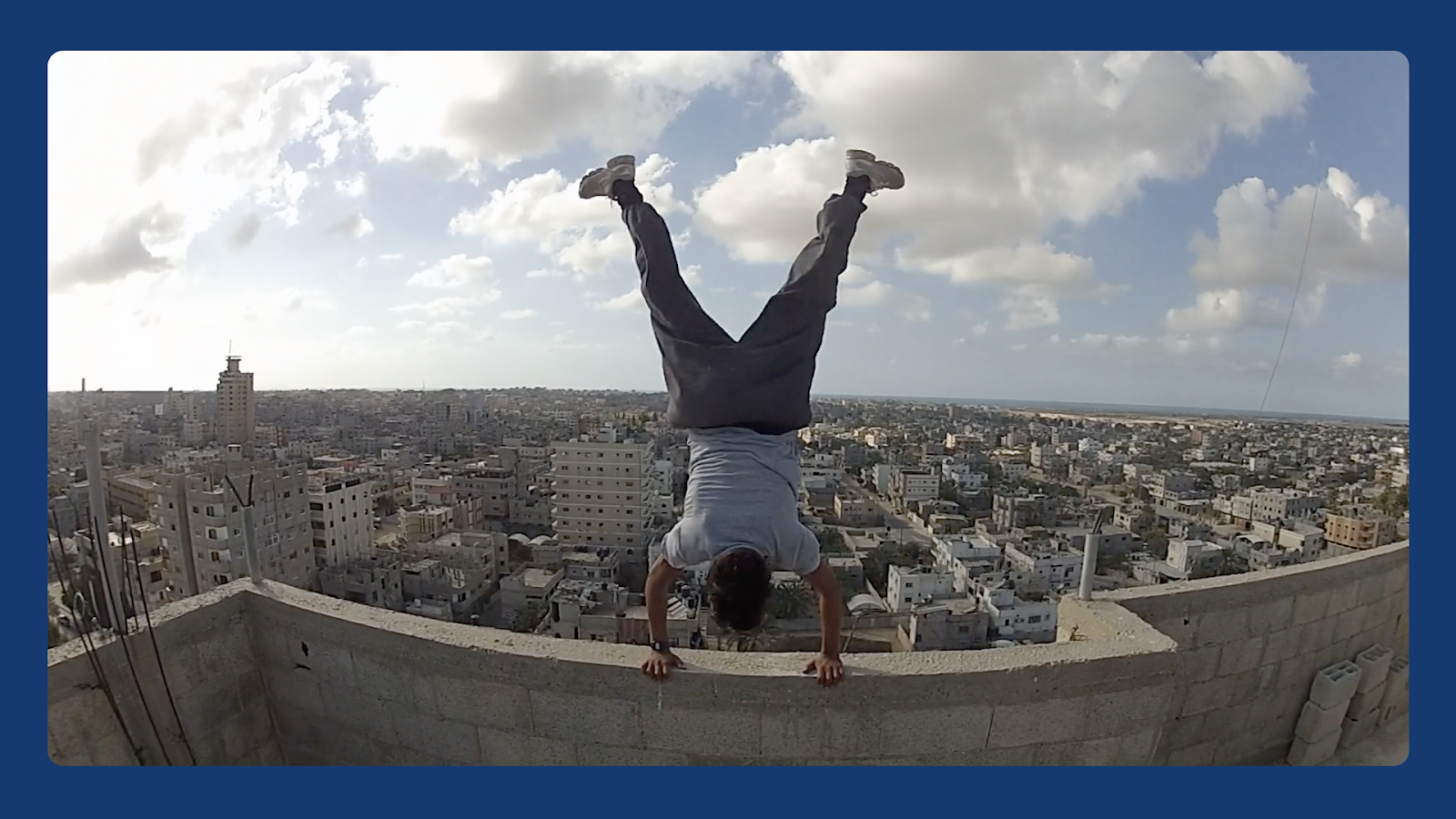Breastmilk: Illuminating the Hurdles to Breastfeeding

This post was written by DOC NYC blogger Maggie Glass

In the modern age, women from all different backgrounds and walks of life may find themselves asking the same thing: how should I feed my baby? In her latest film BREASTMILK, director Dana Ben-Ari captures the intimate and often contentious subject of breastfeeding by following the journey of new mothers and their children. While a highly personal topic, it is also something that is—at least in the United States—heavily bound up in issues of class, race, and culture.
Ben-Ari’s film is less of a polemic, however, and more of a journey through the women’s own experiences, as they discuss the way societal structures can make the “choice” of breastfeeding less than feasible. Karin, one of the women highlighted in the documentary, reflected on this struggle. “What if you’re poor and can’t afford a $300 breast pump?” she said. “What if you work and you can’t attend a La Leche League meeting on a Thursday at 11:30?”
Another case in point was a young mother who wanted to breastfeed, but was eventually overwhelmed by work and school commitments, as well as by the encouragement of her family to switch to formula. And for other women, guilt around breastfeeding simply comes from bodies that don’t supply enough milk or babies who have trouble latching.
The conversation continued after the film, as director Ben-Ari took the stage, joined by producers Abby Epstein and Ricki Lake. When asked by Raphaela Neihausen, executive director of DOC NYC, about why she wanted to make the film, Ben-Ari said she wanted to shed light on an issue that is usually private or hidden. “I felt the need to make some of these experiences visible.” Epstein chimed in by saying, “Immediately, this starts a conversation that is very intense.”
Moments later, women in the audience began sharing their stories of breastfeeding and the support, or lack thereof, that they experienced. One audience member commented on perhaps the most radical aspect of the documentary. “You show a great deal of compassion in the film,” she said, “by breaking down the binary of ‘successful” and ‘not successful.’ You can’t look at this film and see any of these women as failures, even if that’s how they describe themselves. And that’s the first step in breaking down these divides.”
Maggie Glass is a New York based writer and film editor.

